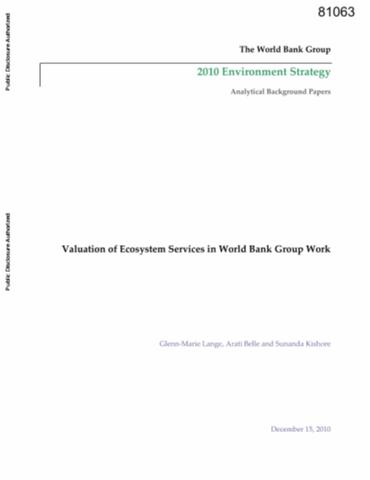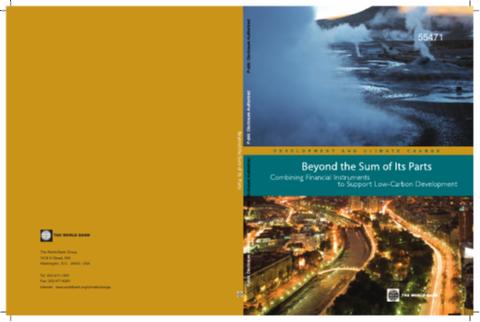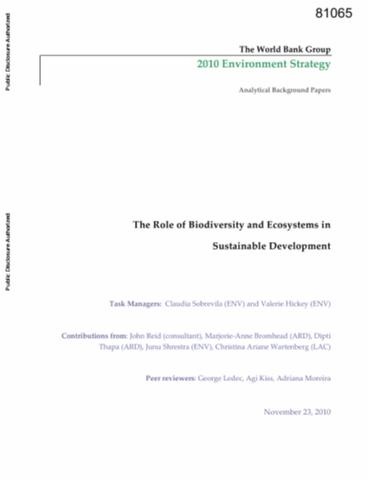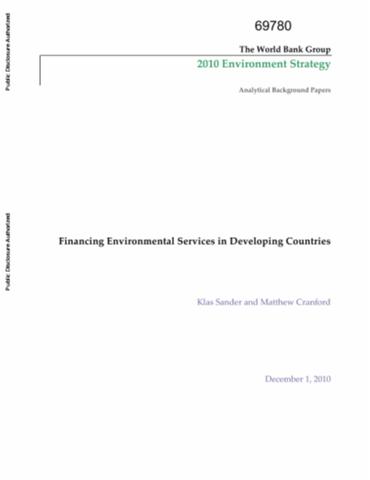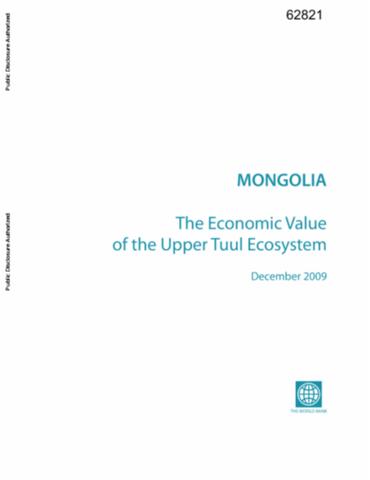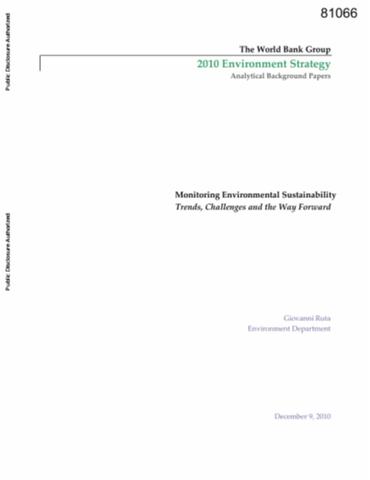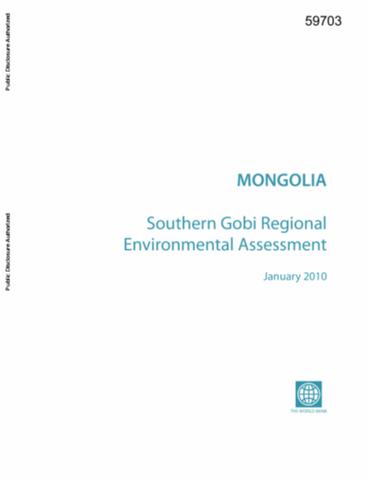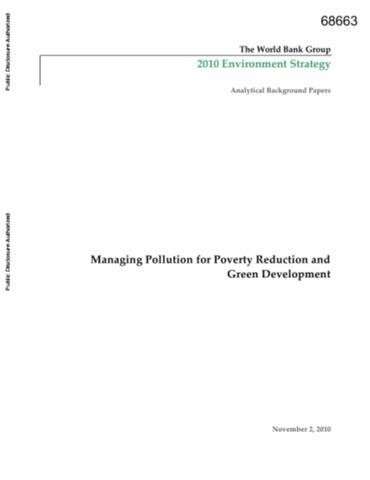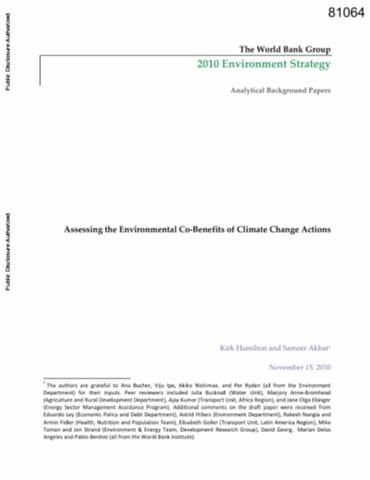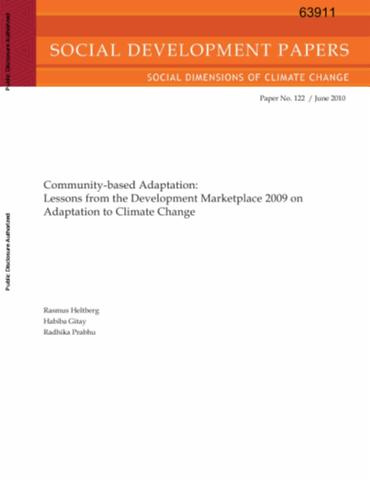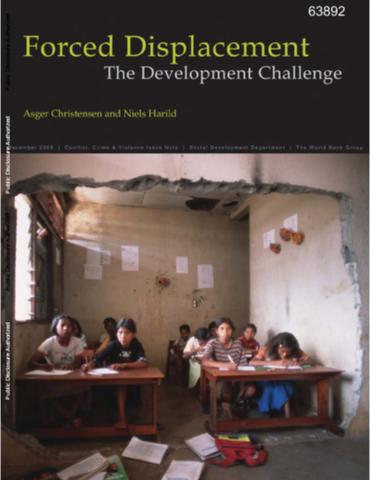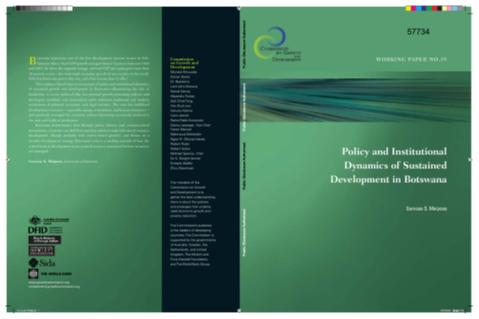Valuation of Ecosystem Services in World Bank Group Work
In 2005, the Millennium Ecosystem Assessment (MA, 2005) provided the first comprehensive report on global ecosystems, the dependence of human societies on the services provided, current state, and likely future trajectory. The MA identified the failure to value ecosystem services as a major contributing cause. The 2001 environment strategy did not explicitly address environmental valuation, although the focus on poverty and environment implies a need for valuing natural resources and environmental services.

